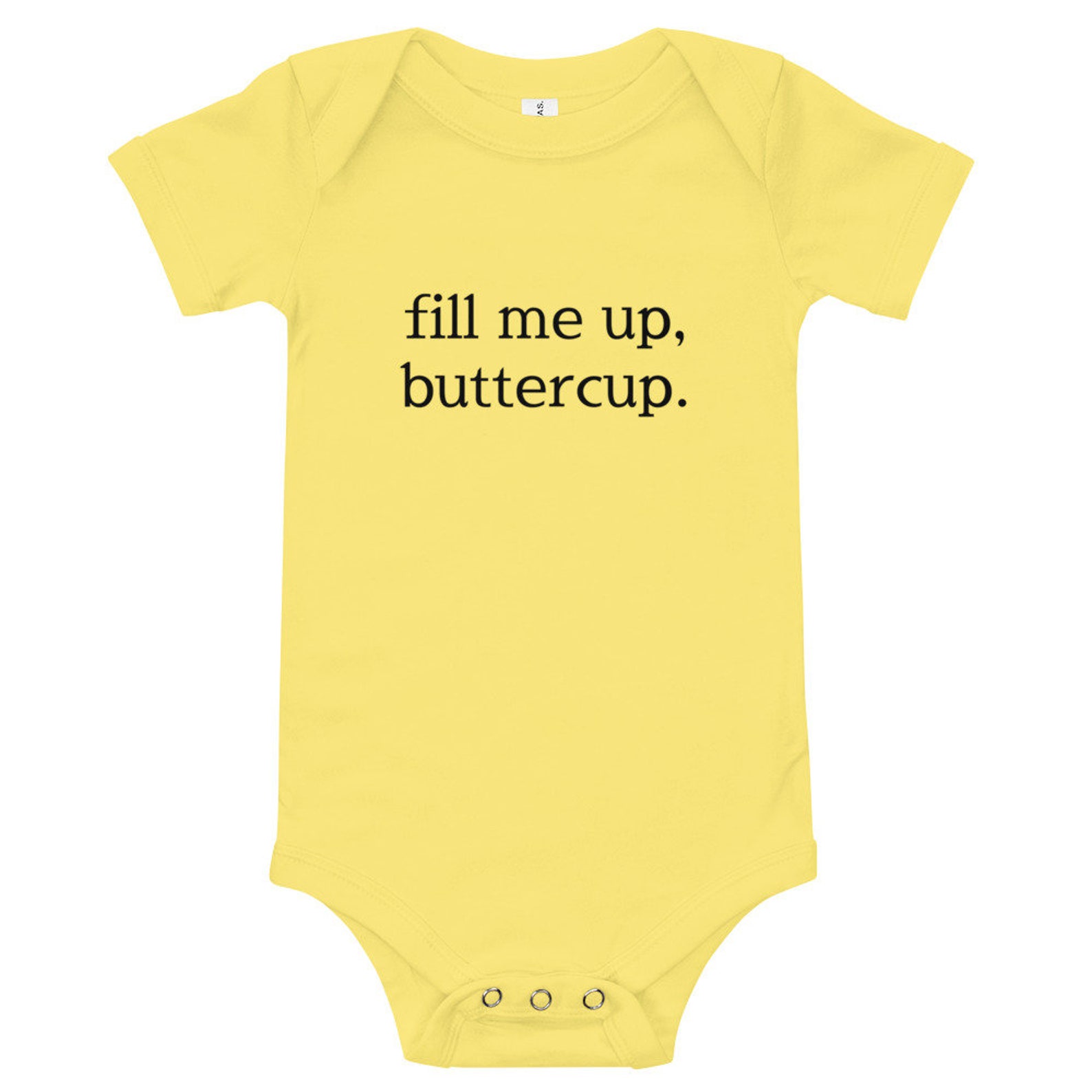

Her unfaithfulness, he sings, is a turn-on it only makes him want her all the more. He explicitly admits as much towards the end of the song. He gets off on all this, even as he complains about it. He wants to be her boy toy, to fill up her idle moments, only to be thrown aside as soon as her attention wanders. He wants her to build him up, only to let him down. No, the singer of "Build Me Up Buttercup" is in love with his own abjection, more than he is in love with the girl. Isn't there a statute of limitations or something? A point of release, beyond which the lover can let go of the beloved? A break so complete, that there isn't any relationship at all, any more? Isn't it ever time to "move on," as they say on the talk shows? Think of Proust, think of Hitchcock's Vertigo. And no matter how intense or intimate the erotic contact, it never manages to abolish this distance, to fill in this abyss.īut I love you still. I can only touch you at a distance, by reaching over an abyss. He or she is radically unlike me, because his or her desire is not commensurate with mine. The Other, as Proust and Levinas both remind us, is never just another Same.
#FILL ME UP BUTTERCUP FULL#
Declaring the full extent of your desire, on the other hand, is always fatal. That's why the best way to get somebody to want you is by feigning indifference. One person always needs more than the other, and thereby is in the other's thrall. This asymmetry, or irreversibility, is fundamental to desire. The lover is always abject in relation to the beloved, of course. It isn't love, if she only pays attention to you out of pity and exasperation. It isn't love, if she only accords it to you as a special favor. If you've got to beg for it, then you ain't got it. But for love? It would seem impossible, almost by definition. You can debase yourself for sex, for drugs, for money, for a job, for recognition. There is something deeply abject about pleading for love in this way. Desire turns into longing, which turns into frustration, which turns into desperation, which turns into masochistic grovelling, which turns into solipsistic thrashing about in a void. The song tells an implicit story of degradation. Don't break my heart, he sings, but she already has. "Build Me Up Buttercup" is a passionate song, but this passion has been thwarted again and again. The song is addressed to the girl, but she isn't even listening. He begs her to return, which will obviously never happen. But he keeps on waiting by the phone, keeps on running to the door, hoping against hope that she'll be there. She doesn't call, she doesn't come by, she doesn't show up for their dates. The singer has been stood up by his girl.

The Farrelly Brothers knew what they were doing when they used it over the closing credits of their 1998 comedy of heterosexual-male humiliation and panic, There's Something About Mary. It's Proust in two minutes and fifty-seven seconds. I think now - though I certainly didn't realize it back then - that "Build Me Up Buttercup" appeals to me because it is a song about erotic rejection. I was fourteen years old at the time, and I fell in love with the song. "Build Me Up Buttercup" was a number one hit for The Foundations in early 1969. "Build Me Up Buttercup" (2:57), The Foundations (1969) Beatdown 1 CRITICAL BEATDOWN Steven Shaviro 1.


 0 kommentar(er)
0 kommentar(er)
